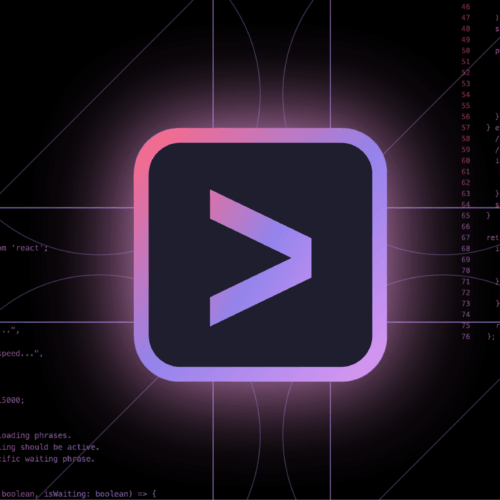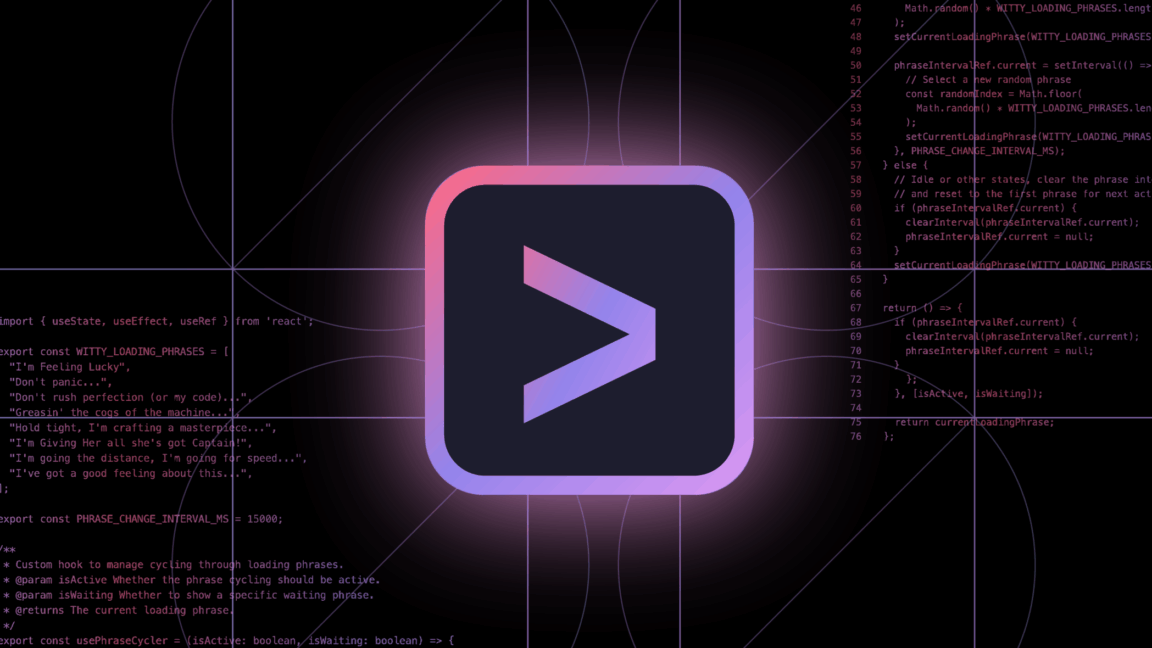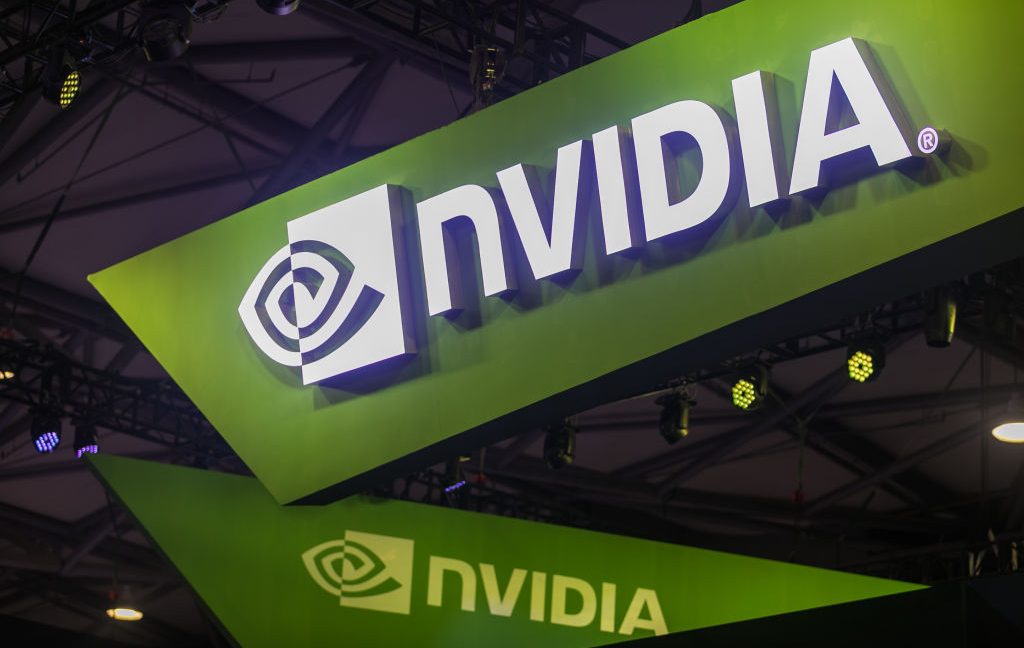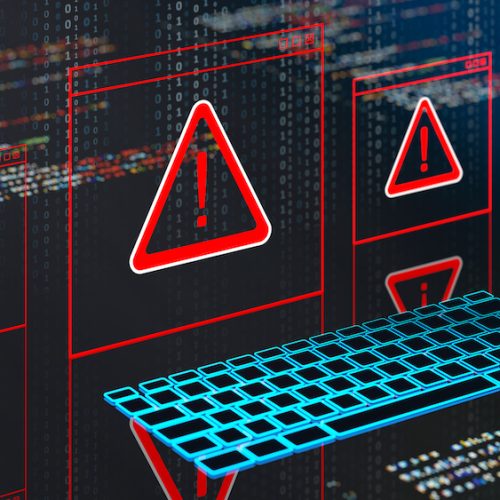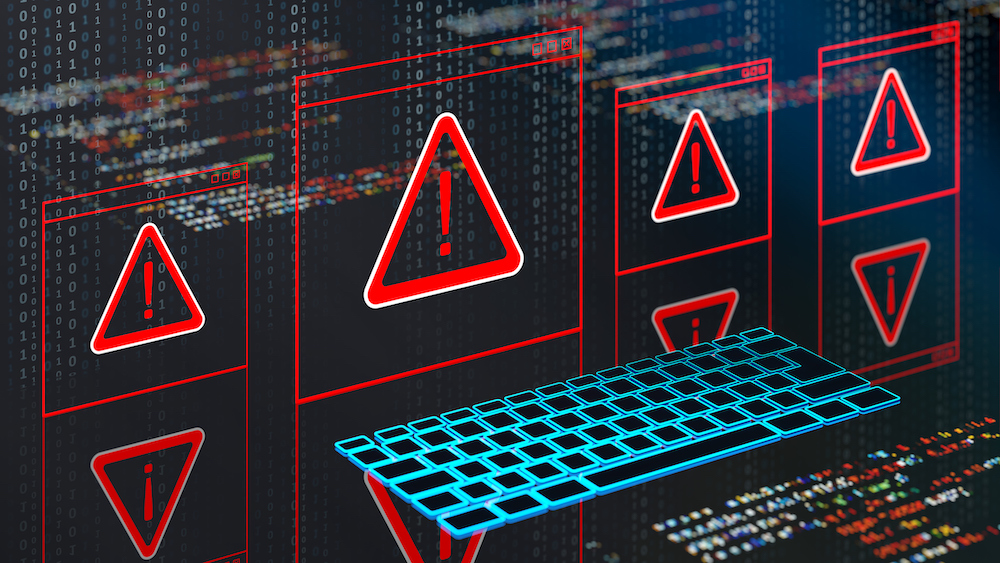At $250 million, top AI salaries dwarf those of the Manhattan Project and the Space Race
Silicon Valley's AI talent war just reached a compensation milestone that makes even the most legendary scientific achievements of the past look financially modest. When Meta recently offered AI researcher Matt Deitke $250 million over four years (an average of $62.5 million per year)—with potentially $100 million in the first year alone—it shattered every historical precedent for scientific and technical compensation we can find on record. That includes salaries during the development of major scientific milestones of the 20th century.
The New York Times reported that Deitke had cofounded a startup called Vercept and previously led the development of Molmo, a multimodal AI system, at the Allen Institute for Artificial Intelligence. His expertise in systems that juggle images, sounds, and text—exactly the kind of technology Meta wants to build—made him a prime target for recruitment. But he's not alone: Meta CEO Mark Zuckerberg reportedly also offered an unnamed AI engineer $1 billion in compensation to be paid out over several years. What's going on?
These astronomical sums reflect what tech companies believe is at stake: a race to create artificial general intelligence (AGI) or superintelligence—machines capable of performing intellectual tasks at or beyond the human level. Meta, Google, OpenAI, and others are betting that whoever achieves this breakthrough first could dominate markets worth trillions. Whether this vision is realistic or merely Silicon Valley hype, it's driving compensation to unprecedented levels.


© Paper Boat Creative via Getty Images
